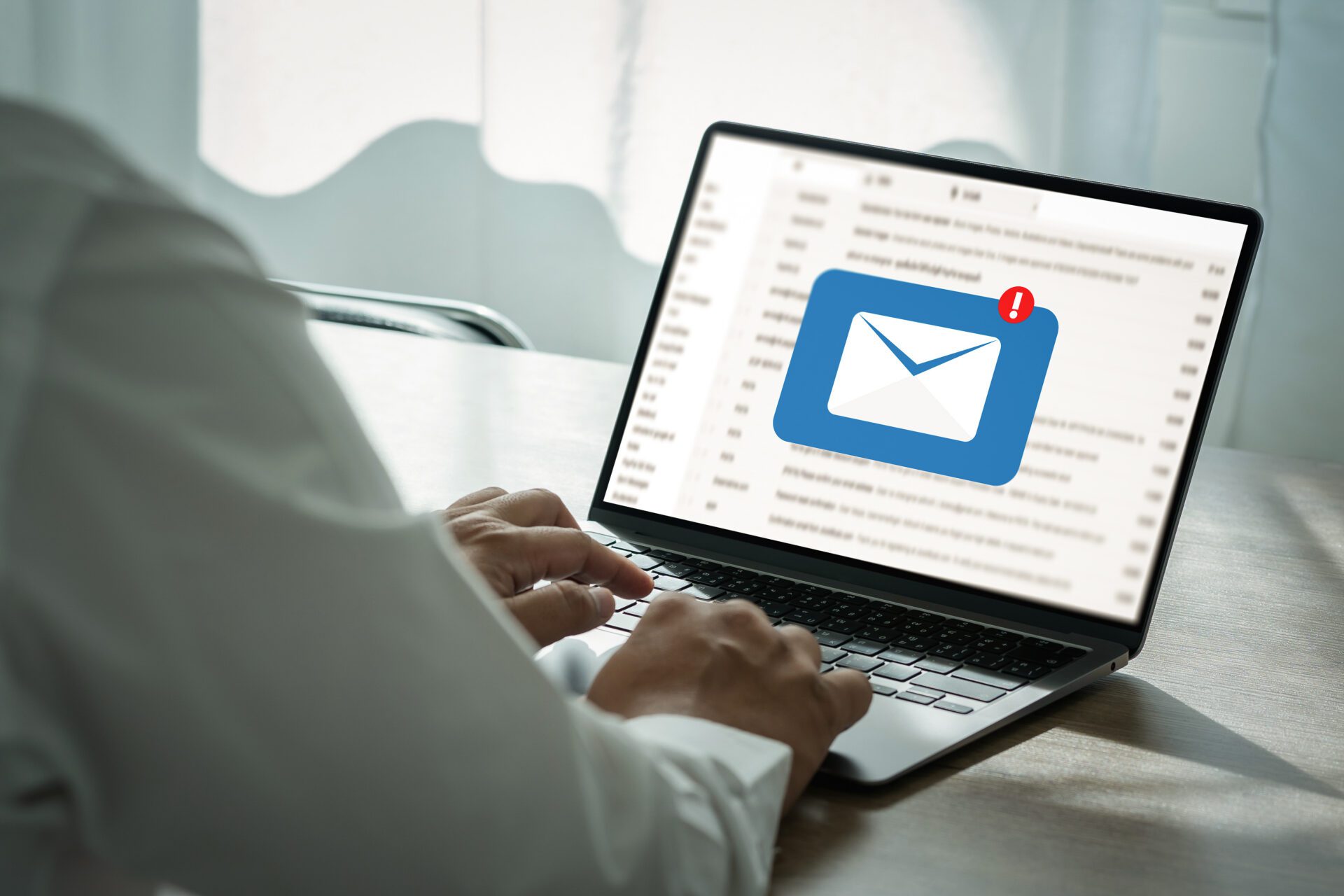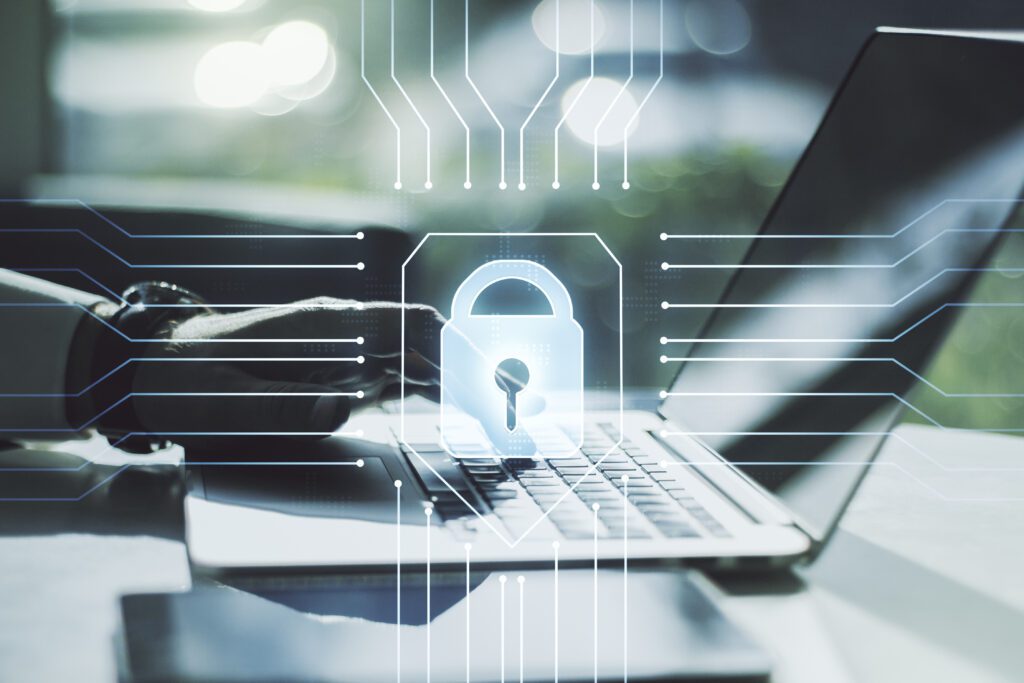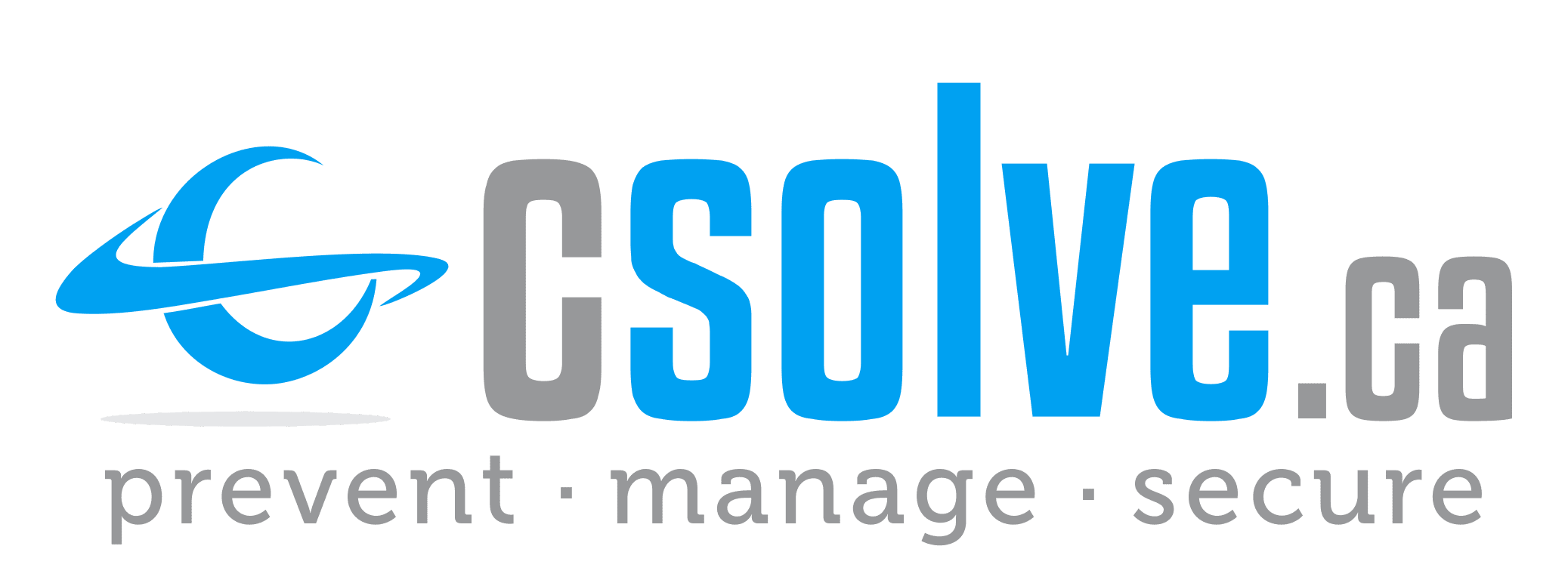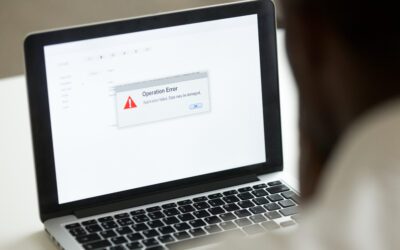
- Phishing attacks exploit human error and weak system defences to steal sensitive data.
- Managed service providers offer comprehensive solutions to protect businesses, such as email filtering, endpoint security, and employee awareness training, to detect and mitigate phishing attempts before they cause harm.
- Businesses can strengthen cybersecurity by implementing multi-factor authentication (MFA), encouraging strong password habits, and keeping systems updated.
Phishing attacks are one of the most prevalent and dangerous threats to businesses today. For small to medium-sized organizations, the risks posed by phishing can be devastating, with attackers frequently targeting weak points in email systems, communication networks, and employee practices. Fortunately, organizations can mitigate these risks and bolster their defences with a managed service provider (MSP).
What is Phishing and Why Should Businesses Care?
Phishing is a type of cyberattack that exploits human error to gain access to sensitive data. It typically involves sending fraudulent emails, text messages, or phone calls with the goal of tricking the recipient into disclosing sensitive information or downloading malware onto their computer. The tactics are becoming increasingly sophisticated, and attackers often use personalized data to make their attempts seem credible.
Attackers can use various tactics, including spoofing the sender’s email address or domain name, impersonating a trusted individual or organization, and creating a sense of urgency in the message to induce the recipient to take action quickly. Once the recipient is lured into clicking on a link or downloading an attachment, they may be redirected to a malicious website that steals their login credentials or downloads malware onto their computer.
For businesses, the consequences of a successful phishing attack can be severe. Data breaches, financial losses, damage to reputation, and legal consequences are just a few of the risks. With small businesses and local organizations increasingly becoming targets, proactive security measures are crucial.
The Role of a Managed Service Provider in Phishing Prevention
MSPs provide businesses with comprehensive tools and expertise to defend against phishing attacks and other cyber threats. By outsourcing your IT security needs to an experienced managed service provider, you gain access to a team of experts and cutting-edge tools designed to protect your business from evolving threats.
The network security services are designed to complement and enhance an organization’s existing IT capabilities. Rather than replacing your internal IT department, MSPs work alongside your team to improve overall security, reduce risk, and make sure best practices are followed consistently.
Key Features of a Managed Service Provider that Protect Against Phishing

Modern cybersecurity demands a proactive, layered approach to counter sophisticated threats like phishing. By focusing on real-time responses and integrating cutting-edge technologies, managed service providers go beyond basic defences to create a robust security framework.
1. 24/7 Threat Monitoring and Detection
Phishing attempts can occur at any time, and quick detection is essential to minimize damage.
MSPs offer continuous monitoring, detecting suspicious activities early to minimize damage. With advanced tools, managed service providers can identify suspicious activity, such as unusual login attempts or email anomalies, in real time. If a phishing attempt is detected, the MSPs team can quickly investigate and respond to prevent further escalation.
2. Email Filtering and Anti-Phishing Tools
One of the most effective ways to block phishing attempts is through robust email security. MSPs typically deploy advanced email filtering solutions that can scan incoming emails for malicious attachments, dangerous links, and spoofed sender addresses. These filters help guarantee that the malicious emails are intercepted before they even reach your employees’ inboxes.
3. Endpoint Protection
Remote work and mobile devices increase vulnerability to phishing. Managed service providers focus on protecting endpoints like laptops and smartphones from malware and phishing threats with real-time scanning, automatic updates, and vulnerability management. This ensures your business devices stay secure and up-to-date.
4. Employee Awareness Training
Human error remains one of the biggest factors in successful phishing attempts. Employees who cannot recognize phishing emails or follow secure practices can easily fall victim to these attacks.
MSPs often offer employee awareness training as part of their service packages. This training helps employees identify common phishing tactics, such as suspicious links, urgent requests, and fake attachments. Regular phishing simulations can also test employee awareness and reinforce training.
5. Incident Response and Support
Even with preventive measures, phishing attacks can slip through. make all the difference in minimizing damage and recovering quickly from a phishing attack. Managed service providers typically include incident response as a core part of their offerings. This involves a dedicated team of experts who can quickly analyze the scope of an attack, contain the threat, and assist in restoring normal business operations.
With pre-defined response plans and 24/7 availability, MSPs can ensure your business is prepared to handle incidents effectively. This minimizes downtime, protects sensitive data, and reduces the overall impact of an attack.
6. Regular Security Audits and Vulnerability Assessments
Regular security audits and vulnerability assessments are essential to identify weaknesses before they are exploited. These audits help you understand your security posture and take the necessary steps to improve defences.
7. Advanced Threat Intelligence
Proactive audits and vulnerability assessments help identify weaknesses before they’re exploited. Managed service providers regularly assess your network’s security posture, ensuring systems are optimized to prevent phishing attacks and other cyber threats.
Best Practices for Protecting Your Business from Phishing Attacks
While MSPs play a significant role in protecting against phishing, there are additional steps your business can take to bolster its defences:
- Implement Multi-Factor Authentication (MFA): MFA adds an extra layer of security by requiring users to verify their identity through a second method (e.g., a code sent to their phone or a biometric scan). This reduces the risk of attackers accessing sensitive accounts, even if they obtain login credentials via phishing.
- Use Strong, Unique Passwords: Encourage employees to use strong, unique passwords for each service or platform they access. Password managers can help employees manage complex passwords without the risk of reusing the same password across multiple sites.
- Keep Systems Updated: Make sure that your software, operating systems, and security tools are up to date. Patches and updates often include fixes for vulnerabilities that could be exploited by phishing attacks.
- Encourage Caution with Links and Attachments: Advise employees to be cautious when clicking on links or opening attachments, especially from unknown senders. Phishing emails often contain deceptive URLs and files designed to compromise systems.
Phishing attacks continue to be a significant threat to organizations worldwide. By partnering with managed security service providers, you can take proactive steps to protect sensitive data and build a resilient security posture.
We at Compu-SOLVE Technologies offer tailored security services that help local businesses strengthen their security and reduce risks. Contact us today to learn more about how our team can improve your cybersecurity and protect your organization from evolving threats.


